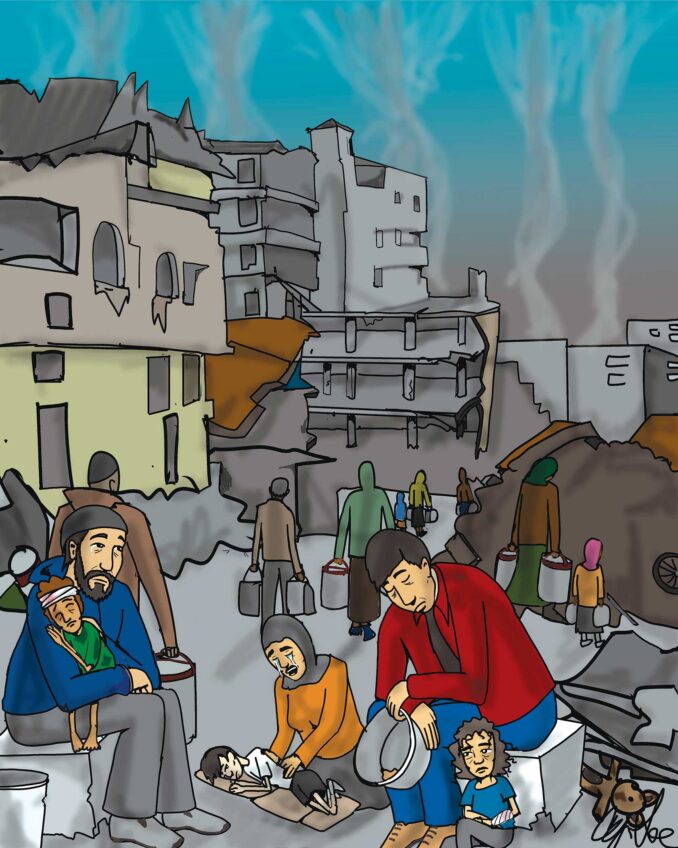Black Bostonians have endured considerable anguish over losses in political elections for mayor. In the race for mayor in 2013, after Tom Menino left office, six candidates who were Black, Hispanic and Cape Verdean vied for the corner office, but the plethora of candidates of color enabled Marty Walsh and John Connolly to win the preliminary and assure that the tradition of an Irish mayor would continue. Now it seems that after a disappointing preliminary race, many Blacks plan to support a candidate, Michelle Wu, whose abstract ideas are not immediately beneficial.
For Blacks who travel on the MBTA every day to modestly paying jobs, the cost of public transportation can become a major expense. Wu’s idea for fare-free travel on the T cannot be achieved by Boston’s mayor. Yet she generates support for her candidacy with an objective she cannot accomplish. Her response to this criticism is that she does not plan to run on goals that she cannot achieve.
Those who have lived for some time in Boston remember when we did achieve a similar goal. In an effort to segregate the schools, the School Committee would not assign Black students in crowded schools to open seats in schools occupied only by white pupils. So the late Ellen Jackson, an accomplished community leader, established “Operation Exodus,” a free transportation system of volunteers from Greater Boston to deliver students to distant schools and return them to Roxbury at the end of the school day. Resulting litigation over this discrimination ended white resistance.
Even after the Civil Rights Act was passed in 1964, major employers could fail to hire Blacks because they were unable to afford transportation to get to the promising jobs on Route 128. The late Black hero Tom Brown, CEO of Jobs Clearing House, induced major companies to make jobs for Blacks available at a level never before attained. The Bay State Banner established a volunteer transportation system to enable Blacks from Roxbury to accept those jobs. After being paid at those higher levels for a period, the workers could then afford to provide their own transportation.
So what is Wu’s plan? Perhaps she did not know about this precedent, because she seems to assert that Black history of Boston and the experience of older residents are of no significance. So what is the basis of Wu’s endorsement by a number of people who are prominent in Roxbury? Support seems to be around “green” issues, which are indeed very important. But there is little that a mayor can do to preserve the environment compared to the innumerable social issues and problems that remain unresolved.
Boston residents understand that Wu is intelligent and well educated, but it is unclear what are the benefits to the citizenry that justify endorsements from prominent leaders.






